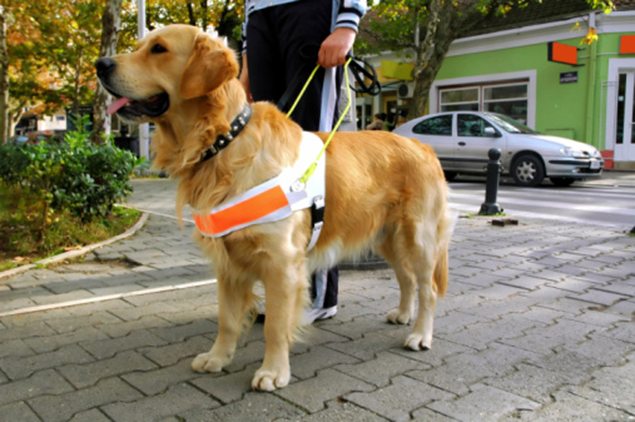The dogs, that are trained differently to regular guide dogs, assist people with mental health disorders whose lives are often severely compromised by anxiety and fear. The dogs enable people to travel on public transport, access public places and take part in social activities which may have been closed off to them.
According to the ABC Australian woman Cath Phillips was instrumental in having assistance dogs recognised in Australia.
Phillips lives with bipolar disorder and anxiety and struggled to leave home without her dog Buddy, a Rhodesian ridgeback.
“I realised I was a lot happier and healthier when I had my dog around,” Ms Phillips told ABC.
Buddy became such an important part of her life she was moved to have him trained and accredited as an assistance dog despite no system existing in Australia.
“I thought if I can get my dog accredited as an assistance dog I can take it with me wherever I go,” she said.
“But it took me a long time to find a trainer who would put my dog through a public access test.”
From this small beginning the assistance dog organisation mindDog was founded to assist people with mental health issues in everyday life. New Zealand has a similar organisation.
Phillips has found supermarkets are becoming very accepting of the animals.
“The biggest problem we have is psychiatric clinics; they are the hardest to convince of the value of a psychiatric assistance dog,” Ms Phillips said.







